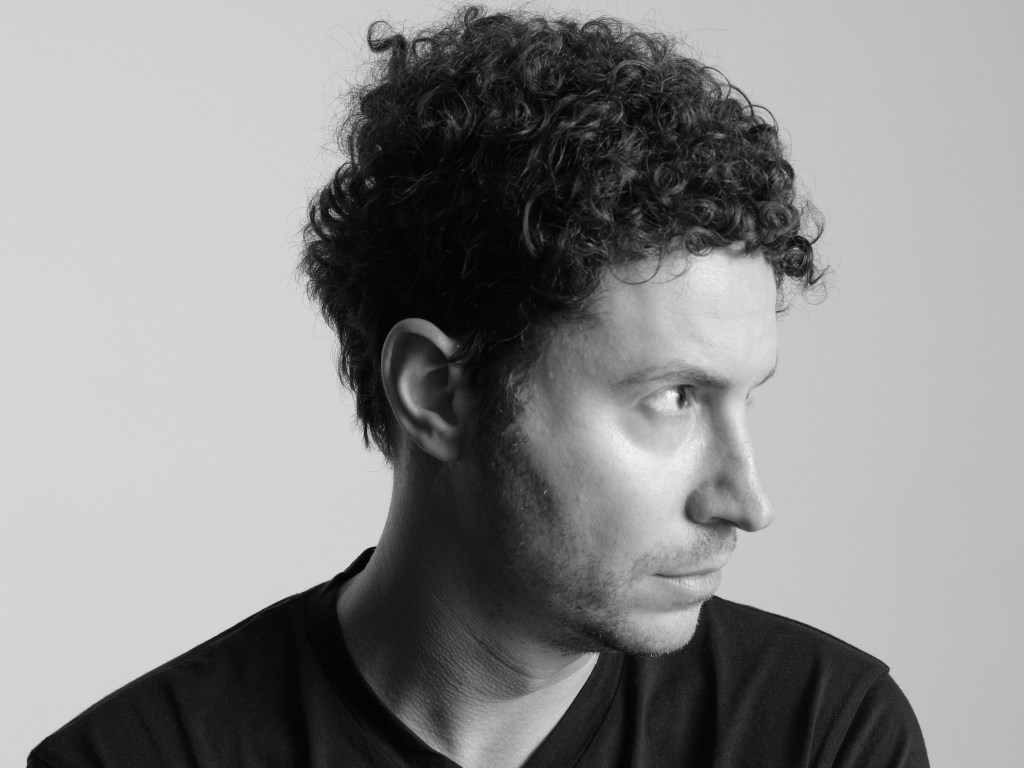Partnering with OpenEvidence: A Life-Saving Healthcare Revolution
This AI-powered search engine for doctors could be one of the most important companies of the next decade.

Choosing the right medicine for a prostate cancer patient, based on the latest efficacy research. Accessing expert guidance in a rural area, where sub-specialists are scarce. Uncovering overlooked studies in a review of OCD treatments. Identifying the symptoms of a pulmonary embolism before it’s too late.
These are just a few of the millions of ways more than a quarter of U.S. doctors have used the specialized medical search engine OpenEvidence in the roughly one year since it launched. Already, the scale of its impact is a prime example of AI as a force for good. But if co-founders Daniel Nadler and Zachary Ziegler and their team achieve what we believe they can, the lives they help save could soon be measured in the millions.
This transformative technology comes as the U.S. healthcare system reaches a breaking point. With just one million active physicians for a growing—and aging—population of 340 million, doctors are stretched thin. On top of clinical work, they spend countless hours sifting through journals, to ensure their life-and-death decisions are based on the latest research. But a new PubMed article is published every three minutes, and medical knowledge doubles every 73 days. It is impossible to keep up.
Like a ChatGPT for doctors, OpenEvidence automates this information hunt. The platform searches across 35 million peer-reviewed publications—and, thanks to a new content partnership, is trained on The New England Journal of Medicine. There are no hallucinations; if the literature is inconclusive, OpenEvidence simply doesn’t respond. And it communicates just like healthcare professionals do—conversationally, and complete with medical charts and graphs.
A second-time founder, Daniel was already well ahead of the AI curve when he launched the financial technology platform Kensho, which was acquired by S&P in 2018 and is credited with the company’s AI evolution. When COVID-19 hit, he couldn’t stop thinking about applying what he’d learned to healthcare. So he founded OpenEvidence with a mission to organize the world’s medical knowledge—and help physicians quickly surface the latest and most effective treatments for their patients. Daniel has proven to be a magnet for talent, attracting top AI researchers to the OpenEvidence team—including Zachary, a brilliant computer scientist from Harvard—and assembling a world-class medical board to ensure the platform gives physicians exactly what they need.
The response has been remarkable: in less than a year, OpenEvidence became perhaps the fastest-growing healthcare business in history, with more than 35,000 verified doctors registering each month. Aside from the iPhone, we believe no technology has been adopted by doctors so quickly. Even more remarkable is that it all happened via word of mouth; the engine of OpenEvidence’s growth is trust. And because the app is free to every doctor in every U.S. care center, it’s assisting not just doctors in top hospitals, but also small, independent practices in hard-to-reach communities across the country.
Sequoia is proud to lead the Series A for OpenEvidence and partner as their first institutional investor, and we look forward to supporting them as they continue to grow. The work Daniel, Zachary and their team are doing has the potential to create one of the defining companies of the next decade—and to revolutionize medicine for doctors and their patients alike.

